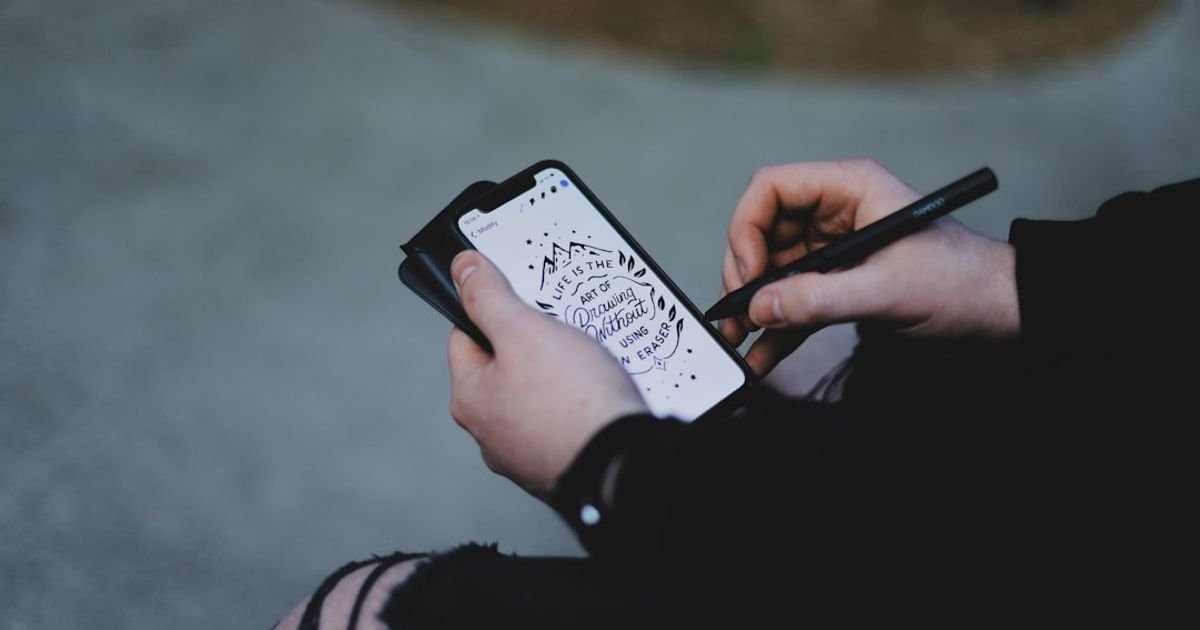About Prompt
- Niche – Creative Writing
- Language – English
- Category – Creative Writing
- Prompt Title – Best journal prompt
Prompt:
**Object Selection:** The story must revolve around one of the following found objects, chosen randomly:
* A tarnished silver locket containing a faded photograph of a stranger.
* A single, worn leather glove found nestled in the branches of a bare oak tree.
* A chipped porcelain doll with one mismatched button eye staring blankly ahead.
* A rusty key with an intricate, indecipherable inscription.
* A half-burned diary with only a handful of legible entries.
**Emotional Conflict:** The protagonist must grapple with one of the following internal conflicts, also chosen randomly:
* The desire for connection and belonging versus the fear of vulnerability and intimacy.
* The pull of nostalgia and the past versus the need to embrace the present and future.
* The yearning for freedom and independence versus the comfort and security of dependence.
* The struggle between ambition and the pursuit of success versus the importance of ethical considerations.
* The conflict between logic and reason versus intuition and gut feeling.
**Story Elements:**
* **Setting:** The story can be set in any time period and location, but the setting should be vividly described and play a crucial role in the narrative. Consider atmospheric elements like weather, time of day, and significant landmarks.
* **Character Development:** Develop the protagonist with a unique personality, backstory, and motivations. Include at least one supporting character who interacts with the protagonist and influences their journey.
* **Plot:** The discovery of the found object should serve as the catalyst for the story. The plot should unfold naturally, exploring the protagonist’s internal conflict and leading to a meaningful resolution or transformation. The ending doesn’t have to be neatly tied up, but it should offer a sense of closure or a new understanding.
* **Sensory Details:** Use vivid language and imagery to engage the reader’s senses. Describe sights, sounds, smells, tastes, and textures related to the found object, the setting, and the character’s emotional state.
* **Theme:** Explore the underlying themes related to the chosen emotional conflict. Consider how the found object symbolizes or reflects the protagonist’s inner struggle.
**Style and Tone:**
* **Narrative Voice:** Choose a narrative voice (first-person, third-person limited, or third-person omniscient) that best suits the story and the protagonist’s perspective.
* **Tone:** The tone can be mysterious, melancholic, hopeful, suspenseful, or any other tone that complements the story’s theme and emotional conflict.
**Output Format:** The story should be formatted in standard manuscript format (double-spaced, Times New Roman, 12-point font).
**Example Prompt instantiation:**
“Write a short story where a protagonist struggling with the desire for connection versus the fear of vulnerability finds a tarnished silver locket containing a faded photograph of a stranger in the attic of their recently inherited childhood home. Set the story in a remote coastal town during a blustery autumn. The story should be told in first-person narrative and explore the protagonist’s journey as they try to uncover the mystery of the locket and confront their own emotional barriers.”
**Advanced Options (Optional):**
* **Specify a target audience:** e.g., young adults, adults, specific genre readers.
* **Include specific keywords or themes:** e.g., loss, memory, identity, forgiveness.
* **Request a particular writing style:** e.g., lyrical prose, minimalist, stream of consciousness.
This detailed prompt provides a solid foundation for the AI to generate a creative and engaging short story. The random elements introduce an element of surprise and challenge, while the specific guidelines ensure a focused and well-structured narrative.

